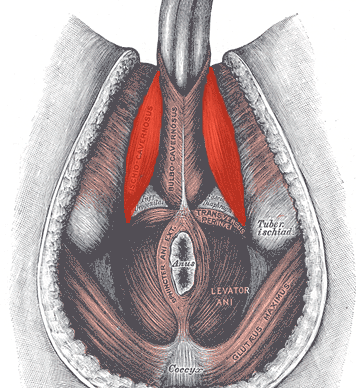The effect also seems to improve over time up to two years.
Aggravating pelvic floor constipation.
Lack of physical activity especially in the elderly medications e g.
Anterior prolapse occurs when the pelvic floor becomes weak or if too much pressure is put on the pelvic floor.
Constipation can play a huge role in contributing to pelvic floor dysfunction.
Medicines such as antidepressents and opioids.
Relaxing your pelvic floor muscles at the right time during defecation can help you pass stool more easily.
In a study of biofeedback for pelvic floor dysfunction compared to laxatives the usual treatment for constipation nearly 80 of people undergoing biofeedback had improvement in constipation compared to 22 in the laxative group.
Irregular meals and not enough fiber in the diet.
Once patients with pelvic floor constipation have these basic tools they can begin retraining the pelvic floor muscles with biofeedback.
Many things may cause constipation including.
This can happen over time during vaginal childbirth or with chronic constipation violent coughing or heavy lifting.
Pain medications especially narcotics antacids that contain aluminum and calcium some blood pressure medications calcium channel blockers anti parkinson drugs antispasmodics antidepressants iron supplements diuretics anticonvulsants.
The therapist guides you through exercises to alternately relax and tighten your pelvic muscles.
Dehydration can lead to bowel dysfunction primarily.
Stephanie talked about this in more detail in a previous blog post.
Constipation has many causes so we need to address diet and fluid intake activity level and other habits.
Based on the principle of operant conditioning biofeedback provides auditory and visual feedback to help retrain the pelvic floor and relax the anal sphincter.
Some nutrition supplements such as iron and calcium.
Biofeedback training is the treatment of choice.
Other health problems pelvic floor dysfunction and irritable bowel syndrome.
Common causes of constipation are.
In constipation the pelvic floor muscles are tight and overactive and do not know how to relax.
Normally the pelvic floor muscles tighten to hold your urine and bowel motions in.
Previously everyone lived by.
Your pelvic floor is the group of muscles and ligaments in your pelvic region the pelvic floor acts like a.
As a pelvic floor physical therapist the first thing i offer my patients is education.
Your body needs water to stay hydrated to flush out toxins and keep your colon happy.
Pelvic floor dysfunction is the inability to control the muscles of your pelvic floor.
During a biofeedback session a special tube catheter to measure muscle tension is inserted into your rectum.
Low fiber dietary patterns.
Lifestyle factors such as low activity level.
Constipation and the pelvic floor muscles.

